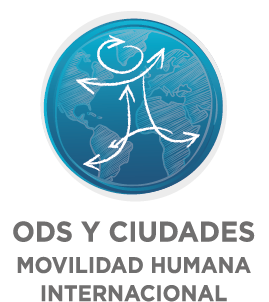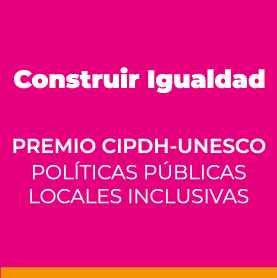Social Relocation Action Plan for Families of Brejo Alegre Community: a Multidimensional Approach (Plano de ação de realocação social famílias da comunidade “Brejo Alegre”: um olhar multidimensional)
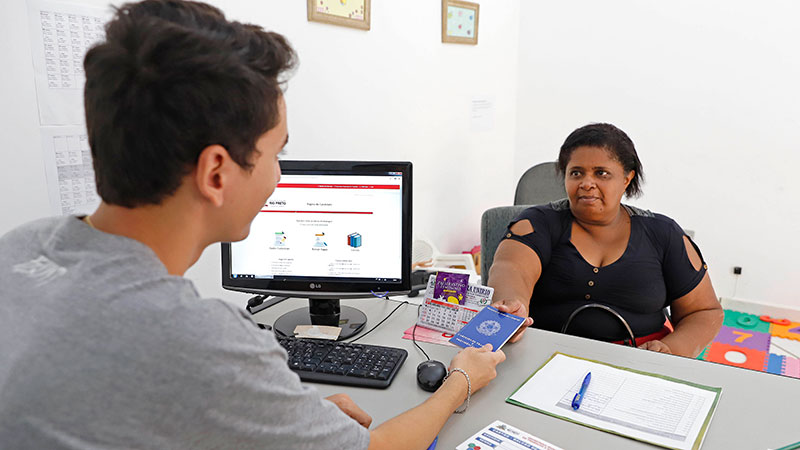
- Region
- Latin America and the Caribbean
- Range of Demographic Size
- 100,000 to 499,999 inhabitants (large intermediate)
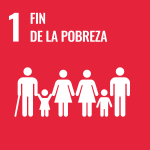
1.1 By 2030, eradicate extreme poverty for all people everywhere, currently measured as people living on less than 1.25 US dollars a day.
1.2 For 2030, reduce at least by half the proportion of men, women and children fo all ages living in poverty in all its dimensions according national definitions.
1.4 By 2030, ensure that all men and women, in particular the poor and the vulnerable, have equal rights to economic resources, as well as access to basic services, ownership and control over land and other forms of property, inheritance, natural resources, appropriate new technology and financial services, including microfinance.
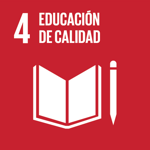
4.1 By 2030, ensure that all girls and boys complete free, equitable and quality primary and secondary education which must be free, equitable and of quality and leading to relevant and effective learning outcomes.
4.2 By 2030, ensure that all girls and boys have access to quality early childhood development, care and pre-primary education so that they are ready for primary education.
4.4 By 2030, substantially increase the number of youth and adults who have relevant skills, including technical and professional skills, to access employment, decent jobs and entrepreneurship.
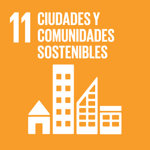
11.1 By 2030, ensure access for all to adequate, safe and affordable housing and basic services and upgrade slums.
11.3 By 2030, enhance inclusive and sustainable urbanization and capacity for participatory, integrated and sustainable human settlement planning and management in all countries.
11.5 By 2030, significantly reduce the number of deaths and the number of people affected and substantially decrease the direct economic losses relative to global gross domestic product caused by disasters, including water-related disasters, with a focus on protecting the poor and people in vulnerable situations.
11.6 By 2030, reduce the adverse per capita environmental impact of cities, including by paying special attention to air quality and municipal and other waste management.
G - Territorial inequality, spatial mobility and vulnerability
Convention on the Rights of the Child (CRC).
International Covenant on Economic, Social and Cultural Rights (ICESCR).
Universal Declaration of Human Rights (UDHR).
Others
Summary
The “Social relocation action plan for families of the Brejo Alegre community: a multidimensional approach” is a local public policy for the relocation of families in a situation of high social vulnerability, drafted and implemented based on a collective construction process. These families live in slums by the side of a railway track in Brejo Alegre neighborhood, in the city of San José de Rio Preto. In other words, they occupy state-owned lands unsuitable for the building of housings and their regularization.
The action plan is aimed at their social relocation and improving their living conditions. For that purpose, non-standardized housing solutions are proposed by individually considering the situation of each family unit, from a multidimensional approach of poverty and together with various social players.
Implementation Date:
Start: 01 / 1 / 2017
End: End: Currently in force
Women
Children and teenagers
Society in general
Advice
Financial/legal/technical assistence
Education and training
National government
Instrumentos

1.1 By 2030, eradicate extreme poverty for all people everywhere, currently measured as people living on less than 1.25 US dollars a day.
1.2 For 2030, reduce at least by half the proportion of men, women and children fo all ages living in poverty in all its dimensions according national definitions.
1.4 By 2030, ensure that all men and women, in particular the poor and the vulnerable, have equal rights to economic resources, as well as access to basic services, ownership and control over land and other forms of property, inheritance, natural resources, appropriate new technology and financial services, including microfinance.

4.1 By 2030, ensure that all girls and boys complete free, equitable and quality primary and secondary education which must be free, equitable and of quality and leading to relevant and effective learning outcomes.
4.2 By 2030, ensure that all girls and boys have access to quality early childhood development, care and pre-primary education so that they are ready for primary education.
4.4 By 2030, substantially increase the number of youth and adults who have relevant skills, including technical and professional skills, to access employment, decent jobs and entrepreneurship.

11.1 By 2030, ensure access for all to adequate, safe and affordable housing and basic services and upgrade slums.
11.3 By 2030, enhance inclusive and sustainable urbanization and capacity for participatory, integrated and sustainable human settlement planning and management in all countries.
11.5 By 2030, significantly reduce the number of deaths and the number of people affected and substantially decrease the direct economic losses relative to global gross domestic product caused by disasters, including water-related disasters, with a focus on protecting the poor and people in vulnerable situations.
11.6 By 2030, reduce the adverse per capita environmental impact of cities, including by paying special attention to air quality and municipal and other waste management.
G - Territorial inequality, spatial mobility and vulnerability
Convention on the Rights of the Child (CRC).
International Covenant on Economic, Social and Cultural Rights (ICESCR).
Universal Declaration of Human Rights (UDHR).
Others
Location
- Region
- Latin America and the Caribbean
- Range of Demographic Size
- 100,000 to 499,999 inhabitants (large intermediate)
Contact details
- Email: smhab@riopreto.sp.gov.br
- Web: https://www.riopreto.sp.gov.br/habitacao/
- Telephone: +55 17 3211-6510 // +55 17 3211-5560
- Social network:


